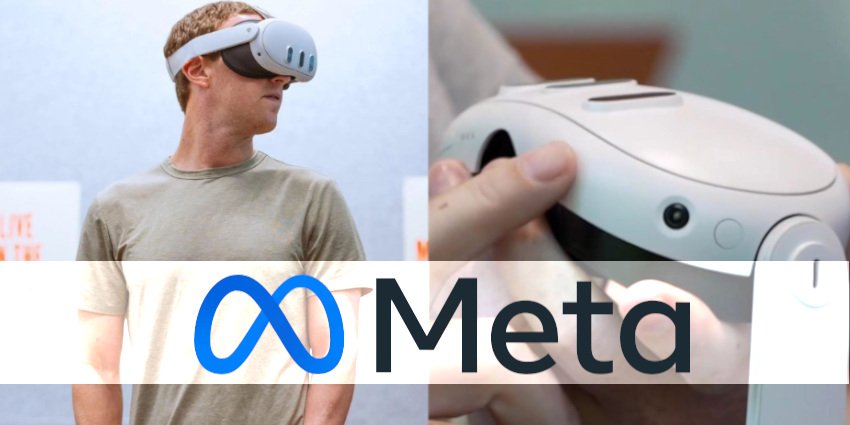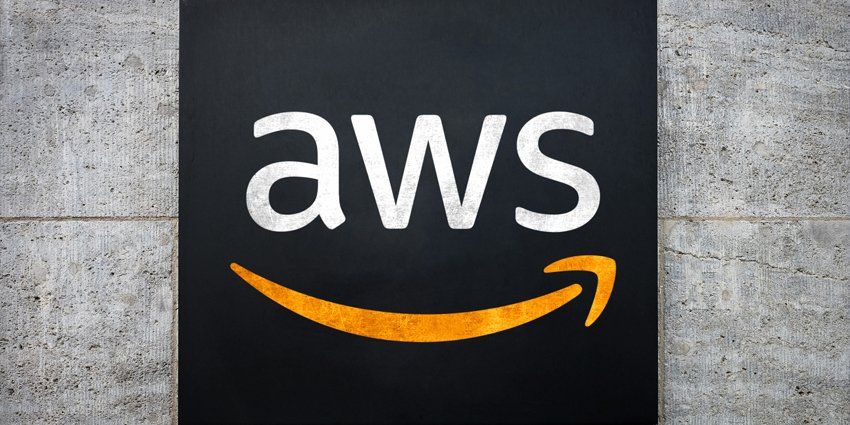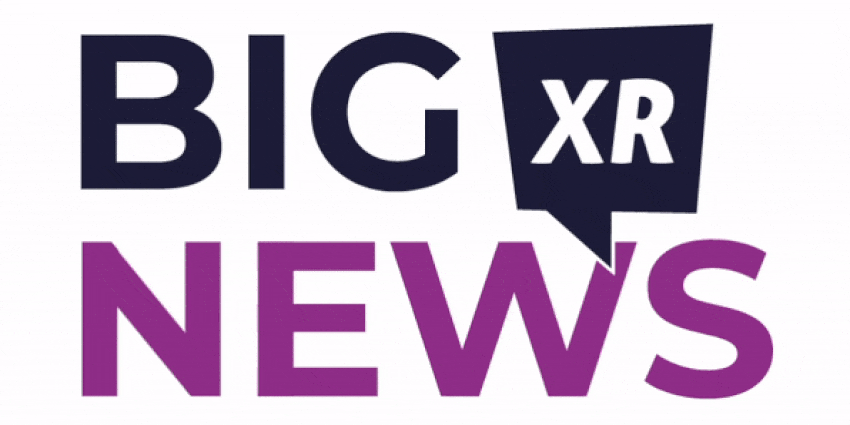[ad_1]
Meta Platforms is set to unveil its Quest 3 headset at the Connect 2023 event on Wednesday. With the debut of the cutting-edge headset, consumers and enterprises around the world will benefit from its updated specifications and use cases.
Ahead of the Connect 2023 event, the Menlo Park-based firm unveiled its massive educational partnership with 15 universities in the United States. With it, the company plans to build an ecosystem of data, use cases, and feedback on the institutional applications of immersive technologies.
The initiative is expected to become a cornerstone of Meta Platform’s metaverse and extended reality (XR) strategy for 2023 and beyond.
Meta may leverage the Quest 3 to explore these potential XR applications and further its metaverse ambitions. The initiative could also lead to a data-driven, empirical study of immersive learning of historic scale and proportion.
In the most recent Big News Show, we spoke with the following people on the subject:
- Kevin O’Donovan, Co-Chair, VRARA Industrial Metaverse and Digital Twin Committee
- Samantha Tauber, Chief Executive and Founder, VNCCII
- Jay Latta, CEO and Founder, The Fusionists
- Rory Greener, Tech Journalist, XR Today
This section of the upcoming Big News Show discussed the possible implications of Meta’s technologies in sensitive ecosystems like educational institutions. Additionally, it called for clarity for the implementation of this project, which many expect to see in the upcoming Connect event.
Pushing for XR Use Cases, Client Success Stories
When asked about Meta’s potential return on investment from several initiatives launched ahead of the Meta Connect 2023, Greener explained how companies like Meta and Microsoft were pushing “use cases and client success stories leading up to the Connect 2023 and Microsoft’s 2024 AI and Industrial Metaverse roadmap.”
He explained,
” There are a lot of interesting metrics and data in terms of retention and engagement. There are a lot of positives that come from the students themselves using this hardware [but] also the teacher side of things, too. Teachers have a lot of responsibility in terms of organising their students, timetables, and others within the institutions themselves”
Greener also considered whether or not Meta could onboard teachers to make their programme successful.
He said further concerns about implementing proper security protocols to safeguard teacher and student data on the VR platform were also crucial.
Teachers should also monitor their onboarding of such technologies to gain the most from their implementation.
“I think that’s a whole behavioural side that isn’t being discussed,” he concluded.
However, Latta stated the partnership could potentially achieve great things, but cautiously, he was sceptical about Meta’s involvement.
Explaining further, he said,
“I’ve seen that Stanford is a part of it, but honestly, I’ve not seen anything so far, hands-on. The thing is, like with politicians, when a politician tells you good morning, you should simply look out the window [to see] if it’s really a good morning”
He concluded that Meta had “proved again and again and again the wrong mindset.”
XR and the Rise of AI Instructors
Tauber noted a critical point of Meta’s tech strategy: Artificial Intelligence (AI) Instructors.
According to the Financial Times, Meta’s new AI-powered personas could allow people to receive information, recommendations, and other services in the Meta Family of Apps (FoA).
Three people in the report stated the chatbots could communicate with people using bespoke personalities and compete with other ChatGPT technologies from Google and Microsoft.
XR Today understands Meta could also integrate its AI personas into educational programmes to guide students as they complete their coursework with the Meta Quest 3 and others.
Tauber added that it was great to see the initiative launched ahead of Connect 2023, but questioned whether it would help teachers remain relevant with the rise of AI instructors.
She noted whether Meta’s involvement in the Metaverse would alleviate walled garden technologies.
Explaining further, she said,
“It’s great to see that they’re trying to push for the educational initiatives, and that XR improves learning retention and so on. But I have to question… they say this is helping the whole vision of the Metaverse, but it’s still a walled garden”
She added that Meta was only as good as its engagement with gamified experiences, applications, and headsets.
The tech giant would also need to determine how to incentivise students and young adults to evidence that “Meta is the go-to for educational initiatives, especially with XR.”
However, she also voiced concerns over the potential teacher redundancies due to the implementation of XR technologies.
She added:
“The positive and benign outcome is that it’s changing the zones of proximal development. Students can gamify their learning and surpass or go to their own standard with their own personal AI teacher. But what is that doing for the educational system in terms of human teachers?”
The Devil’s in the Details?
However, O’Donovan noted that knowing precisely what companies were doing when implementing their initiatives was important.
He asked: “Is it one headset per campus? Is it thousands of headsets? How does this play out? So it’s a good thing, but let’s see how Meta executes and what it turns into.”
O’Donovan also explained how arguments on security, data, privacy and the European Union’s General Data Protection Regulation (GDPR) could affect its operations.
Despite these challenges, teachers have faced similar ones when introduced to technologies, he explained.
He said,
“All the points on security, data, privacy, and GDPR, and then how teachers will use [it]… we all saw tablets and interactive whiteboards. Again, some teachers were brilliant at them and some people didn’t like them […] These are 15 fairly reputable universities, [and] I’m sure they have an IT department that’s going [to explain what they can and can’t do]. To be honest, whether it’s Meta or anybody in this space, they’re all going to face the same challenges”
O’Donovan concluded: “The sooner people find out what works, what doesn’t, what the pitfalls are, the better because then, it’s either ‘that’ll never work, or we need to fix this.’ So let’s see what they deliver, right?”
Cureton noted that the educational pilot programme could put some institutions at risk for security vulnerabilities. Data breaches from third-party actors could pose direct threats to school and university infrastructure.
He added,
“The 15 universities [Meta] chose in that specific programme are the ones that have worked at the deepest level to try to pilot that programme. From there, it’s going to be more about the empirical data that they see, [such as] which use cases can we apply to this for this part of the curriculum, and how much of it can they use in the curricula”
He also noted that the industry would see greater involvement from companies like HTC VIVE and, most notably, Apple, with the latter releasing its Vision Pro headset at the beginning of next year.
“That’s going to be a huge thing, too. So it’s not just Meta,” he concluded.
Meta’s v57 Update: Breaking Boundaries
Tauber also noted Meta’s version 57 (v57) update, where the tech giant removed guardian protections to give users more freedom of movement.
“It comes down to basic common sense for humans, but it’s an interesting question [regarding] how much responsibility goes to the consumer versus the company in terms of safety,” she concluded.
Regarding the v57 update, O’Donovan stated that Meta’s removal of the guardian could “open up all sorts of new use cases” for the industry, rather than remaining “stuck” in the original guardian setup.
Meta Connect 2023
The Meta Connect 2023 event will take place 27 to 28 September across Facebook and Horizon Worlds. From the company’s headquarters in Menlo Park, it will showcase the upcoming Quest 3 headset along with its other product innovations. These include its Ray-Ban Stories, avatar technologies, and Horizon Worlds.
The company will also showcase its initiatives across manufacturing, the industrial metaverse, education, and other key verticals. These aim to boost the company’s verticals and highlight new and potential use cases for its latest products. Additionally, the company will emphasise its development of AI programmes like Llama-2.
Mark Zuckerberg, CEO and Founder, Meta, will also explain in his Developer State of the Union a comprehensive look at his firm’s progress on the Metaverse to date.
[ad_2]




